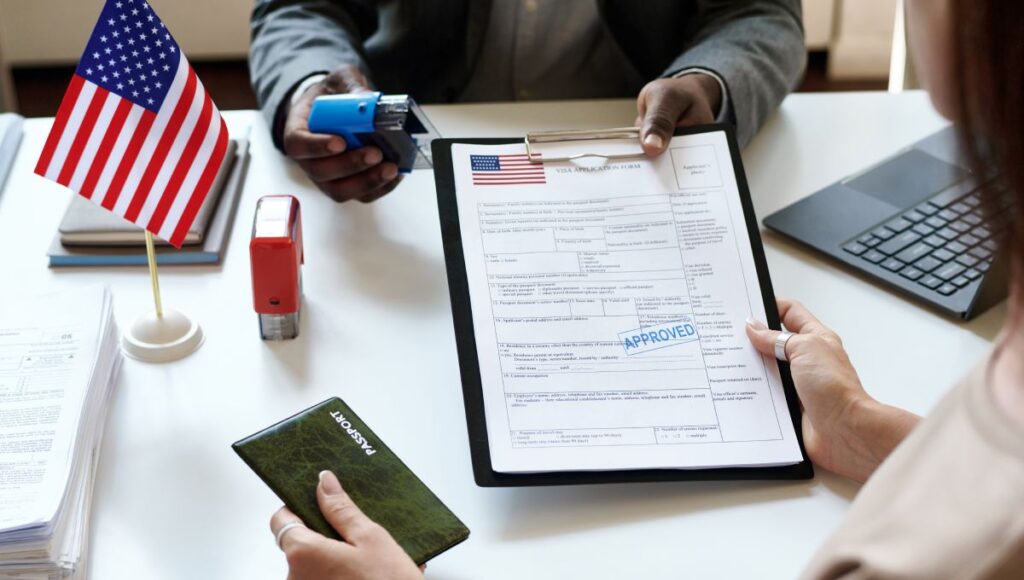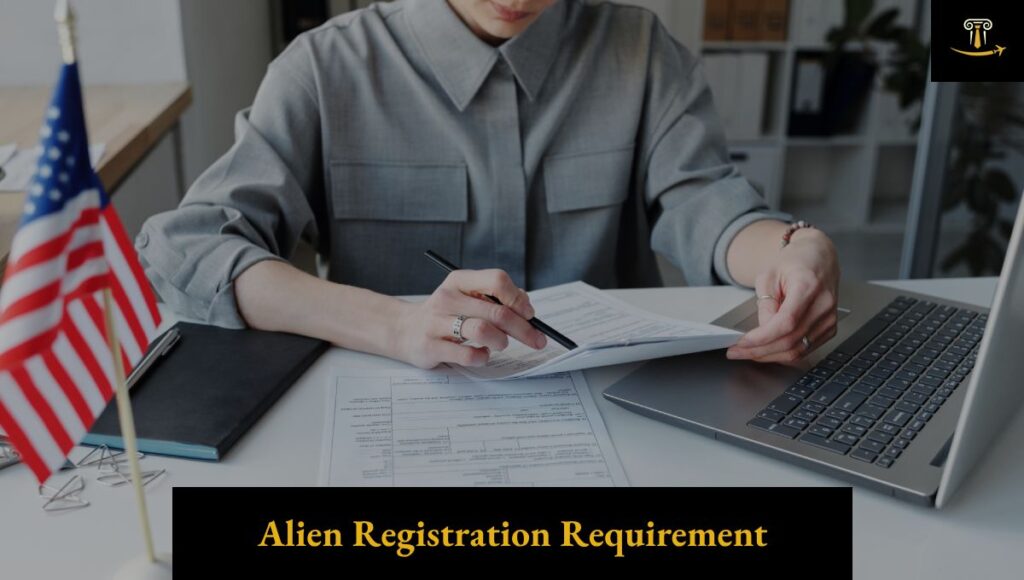Introduction
The H-1B visa program serves as a pivotal mechanism for permitting foreign professionals to engage in specialty occupations within the United States. Given the considerable demand and annual statutory cap on H-1B visas, petition adjudication can be protracted. To address this, U.S. Citizenship and Immigration Services (USCIS) offers Premium Processing Service, a voluntary expedited adjudication option designed to ensure a decision within a specified timeframe. While Premium Processing offers distinct advantages in terms of processing speed, it also entails certain limitations that must be carefully considered by petitioners and beneficiaries alike.
Overview of Premium Processing
Premium Processing is an optional service provided by USCIS that guarantees the adjudication of certain employment-based petitions, including H-1B visa petitions, within 15 calendar days from the date of receipt by USCIS. This expedited service requires the payment of an additional fee and enables petitioners to receive faster decisions, including approvals, Requests for Evidence (RFEs), or denials.
Eligible Forms for Premium Processing
Premium Processing currently applies to the following forms relevant to H-1B beneficiaries:
- Form I-129, Petition for a Non-immigrant Worker (including H-1B petitions)
- Other employment-based immigrant and non-immigrant visa petitions as designated by USCIS
1.Benefits of Premium Processing
The principal benefit of Premium Processing is the 15-calendar-day adjudication guarantee, which significantly reduces the usual processing duration. This expedited review facilitates timely employment commencement and planning for both employers and beneficiaries.
2. Prompt Receipt of USCIS Responses
Petitioners benefit from expedited issuance of USCIS decisions, including RFEs, which enable earlier evidence submission and potentially more favourable outcomes.
3. Option to Upgrade Processing
If the petitioner initially opts for regular processing, Premium Processing may be requested subsequently by filing Form I-907, Request for Premium Processing Service, thus providing flexibility.
4. Priority Handling
Premium Processing petitions receive priority at USCIS service centres, ensuring they are adjudicated ahead of non-premium cases, especially during periods of high workload.
Limitations and Considerations
1. Additional Filing Fee
As of 2025, the Premium Processing fee for H-1B and other petitions below. This fee is supplementary to all standard petition filing fees and other applicable surcharges, which may increase the total cost substantially.
USCIS Premium Processing Fee Schedule (Effective 2025)
| Filing Category | Classification / Form Type | Paper Filing Fee | Online Filing Fee |
| Form I-907 with Form I-129 | H-1B Non-immigrant Worker | $2,805 | $2,805 |
| Form I-907 with Form I-129 | E-1, E-2, E-3, H-3, L-1 (including Blanket L-1), O, P, Q, or TN Non-immigrant Worker | $2,805 | N/A |
| Form I-907 with Form I-129 | H-2B or R Non-immigrant Worker | $1,685 | N/A |
| Form I-907 with Form I-140 | EB-1 (E11, E12, E13), EB-2 (E21 NIW, E21 non-NIW), or EB-3 (E31, E32, EW3) Immigrant Workers | $2,805 | N/A |
| Form I-907 with Form I-539 | F-1, F-2, J-1, J-2, M-1, or M-2 Change/Extension of Status | $1,965 | $1,965 |
| Form I-907 with Form I-765 | Employment Authorization (All I-765 Categories) | $1,685 | $1,685 |
2. No Guarantee of Petition Approval
While Premium Processing expedites adjudication, it does not guarantee approval. USCIS may issue RFEs or denials within the 15-day timeframe, requiring petitioners to respond appropriately to continue proceedings.
3. Periodic Suspension of Service
USCIS may suspend Premium Processing availability for certain visa categories or during peak filing periods (notably the H-1B cap-subject filing window) to maintain equitable lottery processing and resource allocation.
4. Eligibility Restrictions
Not all petition types related to H-1B classification are eligible for Premium Processing. Petitioners must verify USCIS eligibility guidelines prior to requesting this service.
5. Separate Processing of Related Benefits
The Premium Processing service expedites adjudication of the petition itself but does not expedite related ancillary applications such as Employment Authorization Documents (EAD) or Advance Parole travel documents.
USCIS Procedures and Compliance Standards
To utilize Premium Processing, petitioners must submit Form I-907 concurrently with or subsequent to the initial petition, accompanied by the appropriate fee. Upon acceptance, USCIS issues a receipt notice and commits to adjudicating the petition within 15 calendar days. Failure to meet this timeline obligates USCIS to refund the Premium Processing fee and complete the adjudication expeditiously.
Petitioners are advised to ensure the completeness and accuracy of submissions to avoid processing delays or denials.
Immigration Fleet Law Firm Recommendation
Navigating the intricacies of the H-1B visa process—particularly the decision to utilize Premium Processing—requires informed and strategic legal counsel. Engaging a qualified immigration law firm, such as Immigration Fleet, can significantly enhance the success of petitions while mitigating risks associated with complex USCIS adjudications and compliance requirements.
Why Choose Immigration Fleet for H-1B and Premium Processing Matters
- Expertise in U.S. Immigration Regulations:
Immigration Fleet attorneys are well-versed in the dynamic landscape of immigration law, including changes to USCIS policies, filing procedures, and eligibility frameworks. This ensures that every petition is prepared in strict adherence to current legal standards. - Precision and Timely Submissions:
The firm performs detailed reviews of each petition to eliminate errors or omissions that may delay adjudication or result in Requests for Evidence (RFEs). Timely and complete filings are a cornerstone of successful H-1B outcomes. - Strategic Guidance on Premium Processing:
Immigration Fleet provides individualized analysis to determine whether Premium Processing is beneficial, based on the petitioner’s timeline, visa cap considerations, or potential USCIS processing backlogs. - Effective RFE and Denial Response:
In the event of an RFE or denial, the firm promptly formulates comprehensive legal responses, protecting clients’ interests and increasing the likelihood of favourable resolution. - End-to-End Immigration Support:
Beyond H-1B petitions, the firm offers services related to status changes, dependents’ applications, extensions of stay, and other employment-based immigration matters.
Recommended Legal Strategy
To maximize the success of your H-1B or Premium Processing petition, Immigration Fleet recommends the following approach:
- Engage early to allow sufficient time for case preparation, especially in cap-subject filings.
- Select a firm with a consistent success record in handling H-1B and employment-based petitions.
- Prioritize firms offering transparent pricing, structured case management, and prompt communication.
- Opt for personalized consultations to tailor strategies to your company’s operational needs or the beneficiary’s circumstances.
By retaining the services of a reputable and experienced immigration law firm such as Immigration Fleet, employers and foreign professionals can more confidently navigate the H-1B visa process, including Premium Processing options. Legal representation ensures timely, accurate, and compliant filings while safeguarding applicants’ legal standing and employment continuity in the United States.
For tailored support and strategic immigration solutions, consider consulting with Immigration Fleet to ensure your case is handled with diligence, professionalism, and a deep understanding of U.S. immigration law.
Conclusion
Premium Processing represents an essential tool in expediting the adjudication of H-1B visa petitions, providing substantial benefits in terms of reduced wait times and faster access to employment authorization. Nevertheless, the additional fee, temporary suspensions, and inherent limitations necessitate careful evaluation before opting for this service.
Employers and beneficiaries should engage qualified immigration counsel to assess whether Premium Processing aligns with their specific circumstances and to navigate the evolving USCIS policies effectively.





